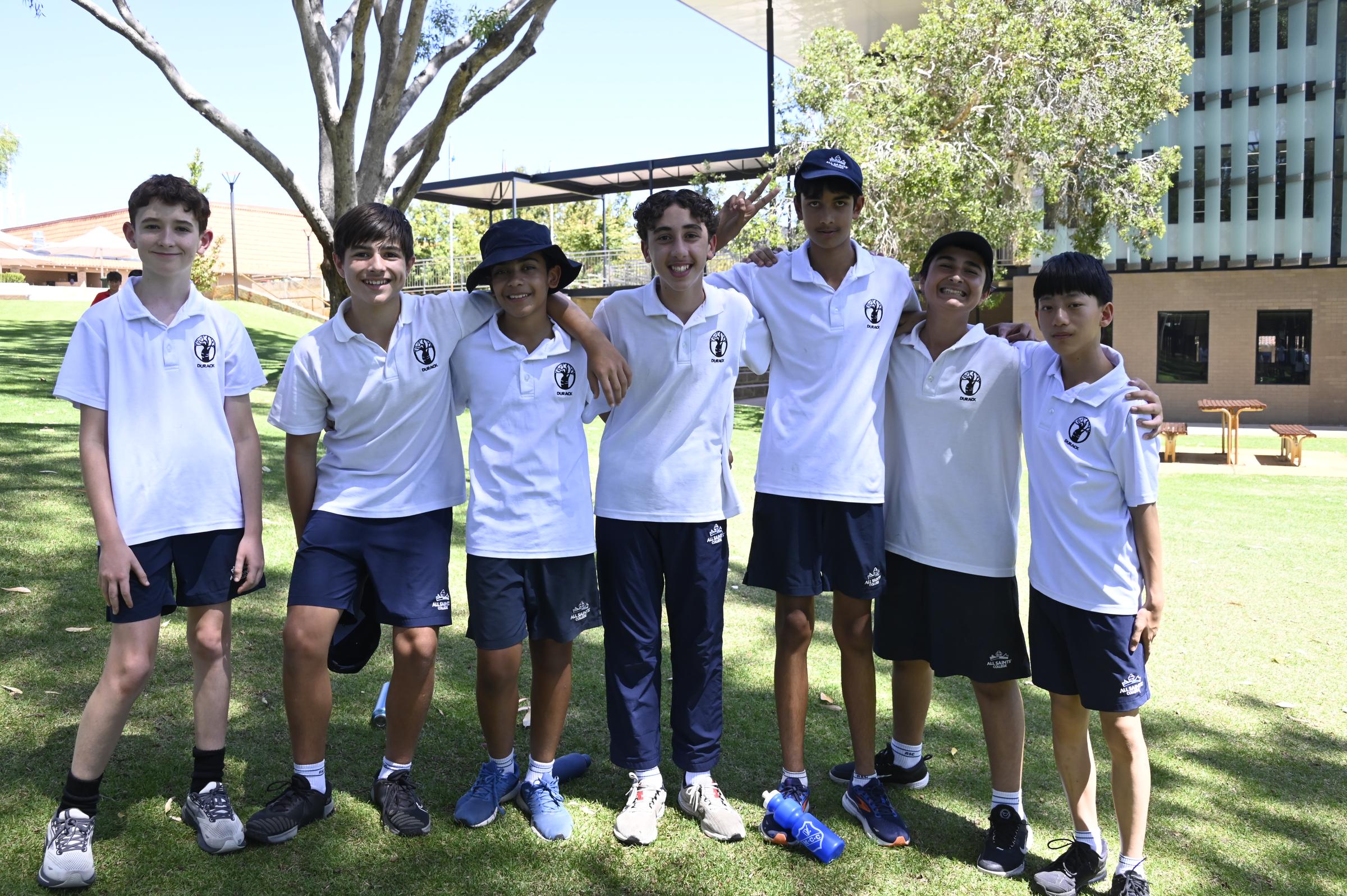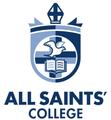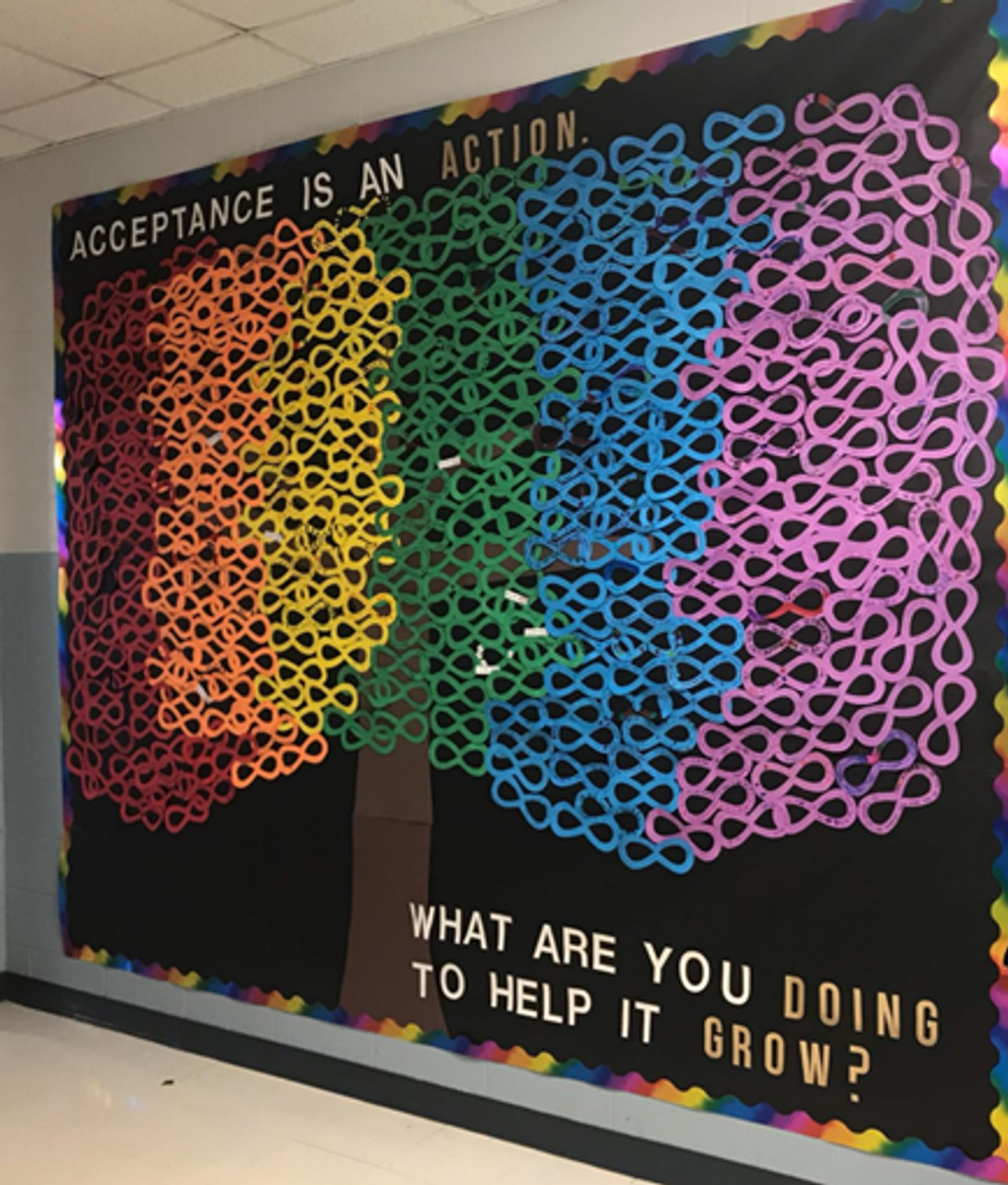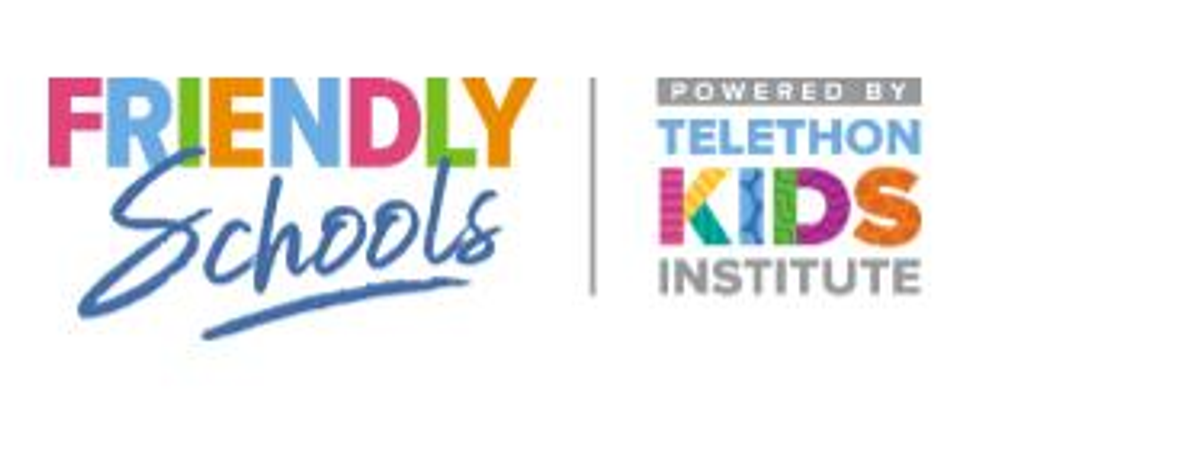Important Announcements

Pixevety and Photo Permissions
At All Saints' College, we implement Pixevety—an innovative photo management system with a trusted Australian provider that allows us to safely and securely store and share photos. This provides a platform for staff to collate and share photos from events, activities and excursions, as well as housing privacy and security information regarding photography permissions for students.
Pixevety uses privacy-centric recognition technology to identify students featured in images to help ASC manage privacy and consent.
Soon, all families will be receiving an email from Pixevety with a form asking you to review the default media permissions and either agree to these settings or change them for your child. Please keep a look out in your inbox for this form next week. (Permissions can be updated at any time in Pixevety should circumstances change.) Please note that there have been some minor revisions to the consent descriptions to accurately reflect the various platforms on which images are used, so please take the time to read these updated descriptions.
If you completed this last year for your child and do not wish to make any updates to the permissions, you do not need to take any action as these permissions roll over year to year. For our new parents, please complete the form to ensure we have your child's image permissions in our system.
Thank you for your support.
Neurodiversity Celebration Week
Did you know that approximately 15-20% of the population has a neurological difference? Every neurodivergent person has a unique mix of strengths and challenges – and at ASC we want to make sure we acknowledge and celebrate the different minds that make up our community.
The Wellbeing Council have been working with Rev. Liz, Mrs Kaylene Allen (Head of Learning Support) and the P&F to come up with some great activities to increase our understanding of neurodiversity and to celebrate neurodiverse people.
On Wednesday 19 March there will be a Wednesday on the Common at lunchtime in the Senior School with live music and chalk drawing, information and stickers will be available, and the House Council will also be joining in with an ice-cream fundraiser. There will also be a chance to add to the Neurodiversity Week Bulletin Board which is being created by the P&F and the Wellbeing Council. Infinity symbols will be available so students and staff can write messages of support and commitments to action. After our Wednesday on the Common, the board will then be on display (and available to add to) in Wanju, until 28 March, when the P&F are hosting a Free Coffee morning for parents.
We look forward to “Celebrating Different Minds” and becoming more aware of neurodiversity. We hope to see you during the week!
Families’ role in creating a supportive school culture
Research demonstrates that efforts to change the attitudes and behaviour of students are more likely to be successful if families are actively involved and share a sense of ownership over the process.
What can you do to help reduce bullying in our school?
- Talk regularly with your children about bullying – Ask open-ended questions about their day, friendships, and any concerns they may have.
- Encourage your children to seek help – Let them know they can always turn to a trusted adult, such as a teacher, school counsellor, or family member, if they experience or witness bullying.
- Use Pulse, our online weekly check-in platform – Remind your child to use Pulse to share any worries or concerns confidentially so the school can provide timely support.
- Help them practise responding to bullying – Encourage assertiveness by role-playing ways to respond, such as using a firm but friendly voice, maintaining eye contact, and walking away confidently.
- Discuss online safety – Talk about responsible social media use, the importance of reporting cyberbullying, and setting boundaries for online interactions.
- Encourage kindness and inclusion – Teach your child the power of being an upstander—standing up for others, showing empathy, and including peers who may feel isolated.
- Model positive conflict resolution – If your children argue at home, guide them in resolving conflicts respectfully by listening, expressing their feelings calmly, and finding a mutual solution.
- Stay informed and involved – Keep communication open with teachers and school staff, attend parent information sessions, and reinforce messages about respect and inclusion at home.
By working together, we can create a safer and more supportive school environment for all students.
Our Commitment to Reconciliation
At All Saints’ College, we are dedicated to fostering a culture of respect, empathy and understanding within our community. We recognise the profound significance of acknowledging and honouring the histories, cultures, and contributions of Aboriginal and Torres Strait Islander peoples.
True reconciliation requires collective effort, ongoing learning, and meaningful action. Through our annual Reconciliation Action Plan (RAP), we strive to cultivate a school environment that is inclusive, responsive, and committed to positive change. Our dedication to reconciliation is embedded within the College’s Strategic Plan and reflected in our ongoing efforts to engage with Aboriginal and Torres Strait Islander communities in a genuine and purposeful way.
I am pleased to share that our Narragunnawali 2025–26 Reconciliation Action Plan (RAP) has been officially approved by Reconciliation Australia. This marks an important step in our ongoing commitment to reconciliation and to embedding Aboriginal and Torres Strait Islander perspectives meaningfully within our school community.
A sincere thank you to the students, staff, and community members who have generously given their time, insights, and passion to shape this RAP. Their contributions have been invaluable, and I deeply appreciate their dedication to this important work.
The RAP is now available on MyASC and I encourage you to take the time to explore it.
Digital Safety and Wellbeing Webinar
The recording of our recent Cyber Safety and Digital Wellbeing webinar is now available to view at your convenience until 20 March. We are fortunate to partner with the Cyber Safety project in our ongoing efforts to promote and enhance the digital intelligence (DQ) of our community.
Access the Webinar Recording and Resources:
You can access the recording and additional resources using the following link (scroll down the page): https://myasc.ascollege.wa.edu.au/tech-help/cyber-safety
This session covered essential topics including:
- The Cyber Safety Project Methodology: Plan, Prevent & Protect
- Gaming and Social networking trends
- Parental controls and app privacy settings
- How to report cyber abuse (including cyberbullying) and help seeking strategies
- Screen time and developing self-regulation skills
- Establishing a safe digital environment at home
I encourage you to take some time to review the materials and share them with others. Thank you for partnering with us in ensuring a safe and balanced digital experience for our students.
Jeanette Sealy
Director of Senior School (Student Wellbeing)



